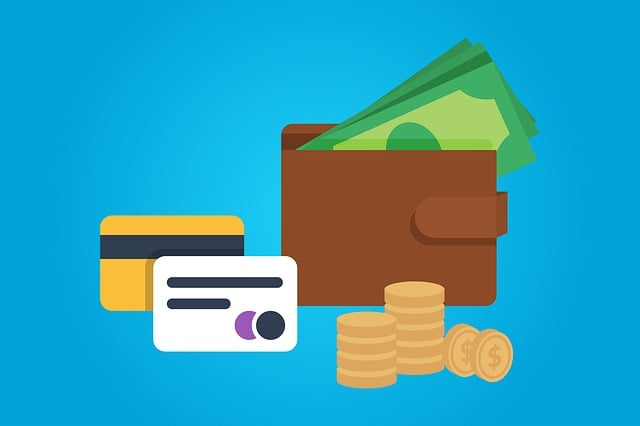Low-interest debt consolidation loans appeal to homeowners by combining high-interest debts into one manageable, lower-rate loan secured against their property. This streamlines repayment, saves on interest, and potentially frees up cash. However, these loans carry significant risks — including high equity requirements and potential lack of long-term savings — that homeowners should carefully consider before proceeding. Thorough rate and fee comparisons from multiple lenders are crucial for making an informed decision.
Considering debt consolidation? Homeowner consolidation loans could be an option, but it’s crucial to weigh the pros and cons. This article explores low-interest debt consolidation loans, their benefits for homeowners looking to simplify debt management, and potential drawbacks. From improving cash flow to building equity, understand the complexities before securing your home for debt relief.
- Understanding Low-Interest Debt Consolidation Loans
- Pros of Securing Your Home for Debt Consolidation
- Cons of Using a Homeowner Consolidation Loan
Understanding Low-Interest Debt Consolidation Loans
Low-interest debt consolidation loans are a popular option for homeowners looking to simplify their financial obligations. By securing a loan against their property, borrowers can consolidate multiple high-interest debts into one manageable payment with a significantly lower interest rate. This strategic move not only saves money on interest but also streamlines repayment, making it easier to budget and potentially free up extra cash each month.
These loans offer several advantages. First, they provide peace of mind by reducing the burden of multiple payments, often from different lenders, to just one. Second, lower interest rates mean less financial strain over the life of the loan. However, there are also considerations. Homeowners must be comfortable with the risk of using their home as collateral, and they need to ensure they can afford the potentially larger loan amount without incurring additional expenses or overextending themselves.
Pros of Securing Your Home for Debt Consolidation
Securing your home for debt consolidation can offer several significant advantages. One of the most attractive benefits is access to low-interest debt consolidation loans. Traditional personal loans or credit cards often carry much higher interest rates, making them a less financially viable option for long-term debt management. By leveraging your home’s equity, you can secure a loan with a lower interest rate, saving you substantial amounts over time through reduced monthly payments and shorter repayment terms.
Additionally, home-secured consolidation loans provide stability and peace of mind. With one fixed monthly payment instead of multiple varying due dates, managing your debt becomes simpler and more predictable. This simplicity is particularly beneficial for those who have struggled to keep up with several creditors, as it allows for better budgeting and improved credit management. Moreover, consolidating debt through a home loan can enhance your overall financial health by freeing up additional funds that were previously allocated towards multiple payments, enabling you to invest in other aspects of your life or pay down the principal more aggressively.
Cons of Using a Homeowner Consolidation Loan
While Low Interest Debt Consolidation Loans can seem like a appealing way to simplify financial obligations, there are some potential drawbacks homeowners should be aware of. One significant con is that these loans often require substantial equity in the property, which means not all borrowers may qualify. This can limit options for those with less equity or higher debt-to-value ratios.
Additionally, consolidating debt through a homeowner loan might not always result in meaningful long-term savings. Depending on market conditions and individual circumstances, interest rates on these loans could be less favorable than other available options, such as credit card refinances or personal loans with better terms. Homeowners should carefully compare rates and fees from multiple lenders to ensure they are getting the best deal for their financial situation.
Homeowner consolidation loans offer a compelling solution for managing debt, especially with the allure of low-interest rates. However, it’s crucial to weigh both the advantages and potential drawbacks before securing your home. While this option can simplify payments and save on interest, it carries the risk of losing your property if repayments become unmanageable. Carefully considering your financial situation and exploring alternative options is essential to make an informed decision regarding low-interest debt consolidation loans.
